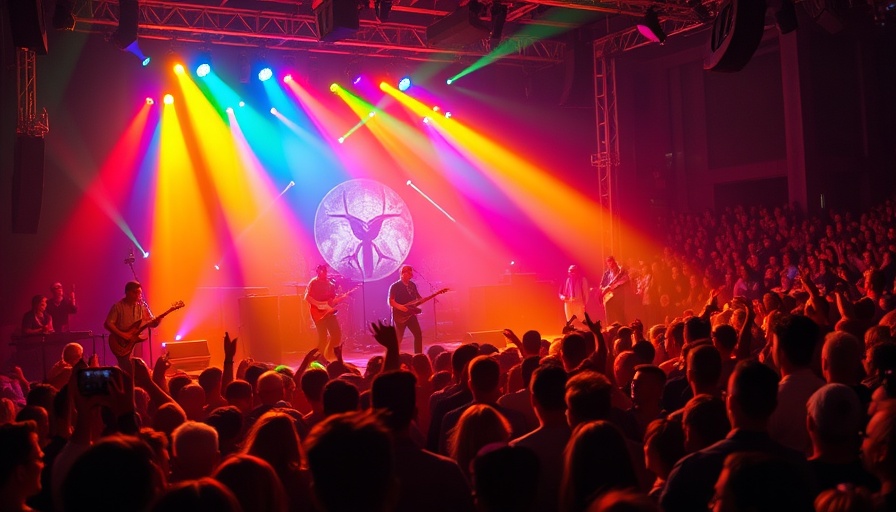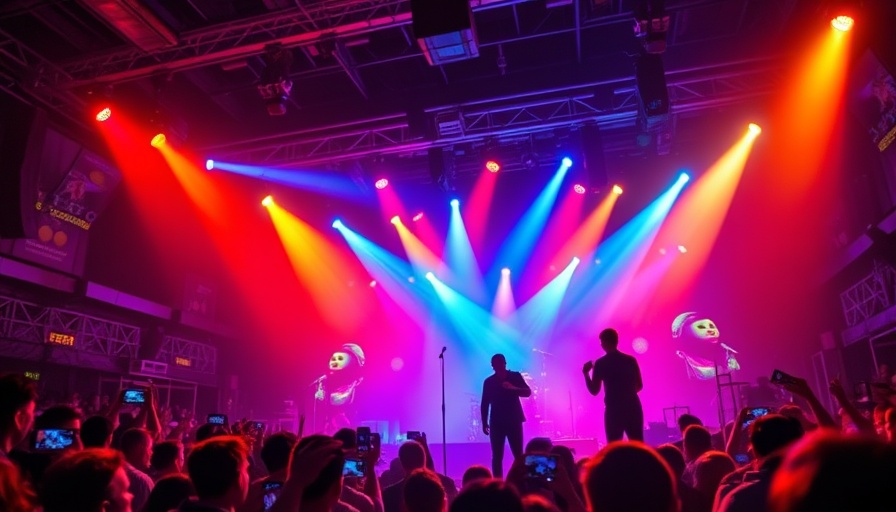
How Major Events Propel Local Economies
Every time a major concert or sporting event happens, the financial benefits can ripple through the community like a wave. Superstars such as Taylor Swift and Beyoncé draw in thousands of fans, not just for the show, but for the experience surrounding it. When Taylor Swift’s Eras Tour brought in more than $2 billion in ticket sales, cities hosting her concerts enjoyed significant uplifts in local economics. Similarly, the Cowboy Carter tour stood testament to the phenomenal appeal of major artists. But why does this phenomenon occur?
Tapping into the Power of the Crowd
When a city becomes the center of attention for a major sporting event like the Super Bowl or an iconic concert, it becomes a beacon leading tourists and locals alike into the heart of the city’s small businesses. Restaurants, hotels, and shops are among the primary beneficiaries. Visitors flood into town, requiring accommodations, meals, and entertainment. As Latasha Randle, small business program manager at Block Advisors explains, establishments such as food trucks, bars, and cafés can experience a noticeable surge in customers. They strategically position themselves to meet the demands of eager event-goers.
A Case Study: The Eras Tour
The economic impact of Taylor Swift’s Eras Tour on Los Angeles County was staggering, adding an estimated $320 million to the GDP and generating approximately 3,000 jobs. Small businesses not directly linked to the concert may find themselves adversely affected due to road closures and foot traffic shifting to event sites, highlighting the need for planning and adaptation. This interplay of local dynamics illustrates the dual nature of opportunity during such high-profile events.
Future Events to Watch and Prepare For
As we look ahead, there are several major events on the horizon that small businesses in host cities should prepare for. The Super Bowl is set to take place on February 8, 2026, in Santa Clara, California, followed by the 2028 Summer Olympics in Los Angeles, and the highly anticipated World Cup finals across multiple cities. Entrepreneurs who adapt their business strategies can harness the excitement surrounding these events.
Effective Strategies for Small Businesses
How can you leverage these events to maximize your business potential? Experts recommend creating collaborations with other local vendors, capitalizing on social media trends, and offering event-themed products to draw in tourists. The key lies in strategic positioning: understanding when and how to maximize visibility and traffic.
Embracing the Local Spirit
Another essential aspect is fostering a sense of community. Local artisans and vendors can come together to create an enticing environment by holding pop-up shops, themed markets, or cultural exchanges that resonate with the event’s backdrop. Such initiatives not only enrich the visitor experience but also galvanize community support, ensuring that everybody wins.
A Dynamic Marketplace
Ultimately, small businesses can thrive in the whirl of major events by being proactive and resourceful. Those that recognize the bustling market surrounding these occasions can not only navigate through the heightened competitiveness but emerge stronger. As Randle advises, showcasing local talent and unique offerings during major events sets a community apart, tapping into the spirit of the city itself.
 Add Row
Add Row  Add
Add 



Write A Comment